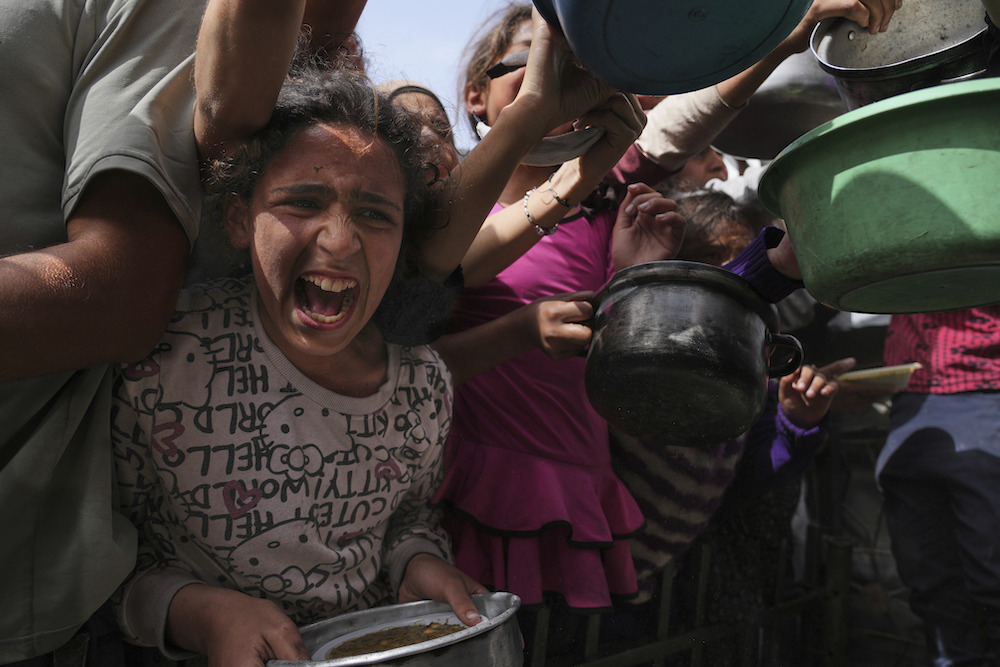LONDON: King Abdullah II of Jordan and Bulgarian President Rumen Radev co-chaired the third round of the Aqaba Process meetings in Sofia on Friday, bringing together international leaders to address pressing security challenges in the Balkans and beyond, the Jordan News Agency reported.
The Aqaba Process Balkans III forum, jointly organized by Jordan and Bulgaria, tackled issues such as regional security, counterterrorism efforts, online radicalization and illegal migration. The participants also explored opportunities for greater international cooperation, including intelligence sharing and strategic partnerships in combating extremism.
Attending the event were heads of state, government officials and security representatives from Serbia, Albania, North Macedonia, Montenegro, Slovenia, Kosovo, Bosnia and Herzegovina, Croatia, Spain, Greece, Italy, France, the UK, US and Japan.
Prince Ghazi bin Muhammad, King Abdullah’s personal envoy and chief adviser on religious and cultural affairs, was among the attendees, while several international organizations, including the EU, Interpol, Global Internet Forum to Counter Terrorism and the Organization for Security and Cooperation in Europe, were also represented.
On the sidelines of the forum, King Abdullah held meetings with several regional leaders, including Slovenian President Natasa Pirc Musar, Albanian President Bajram Begaj, Kosovan President Vjosa Osmani-Sadriu, North Macedonian President Gordana Siljanovska Davkova, Montenegrin President Jakov Milatovic and Serbian President Aleksandar Vucic.
Launched by the king in 2015, the Aqaba Process is designed to enhance coordination between regional and international actors in the fight against terrorism and extremism. It fosters military, security and intelligence cooperation, focusing on counterterrorism strategies and the exchange of expertise.
Previous meetings have been hosted by Jordan, Albania, Brazil, Indonesia, the Netherlands, Nigeria, Norway, Rwanda, Singapore, Spain, the US and the UN General Assembly.
Discussions have covered diverse regions such as East Africa, Southeast Asia, Latin America, West Africa and the Sahel.





























